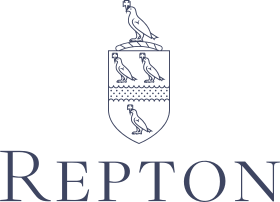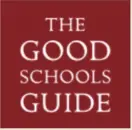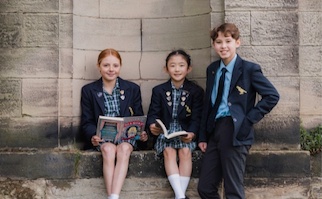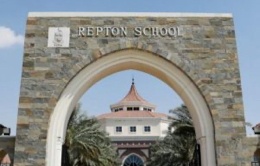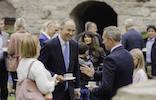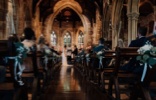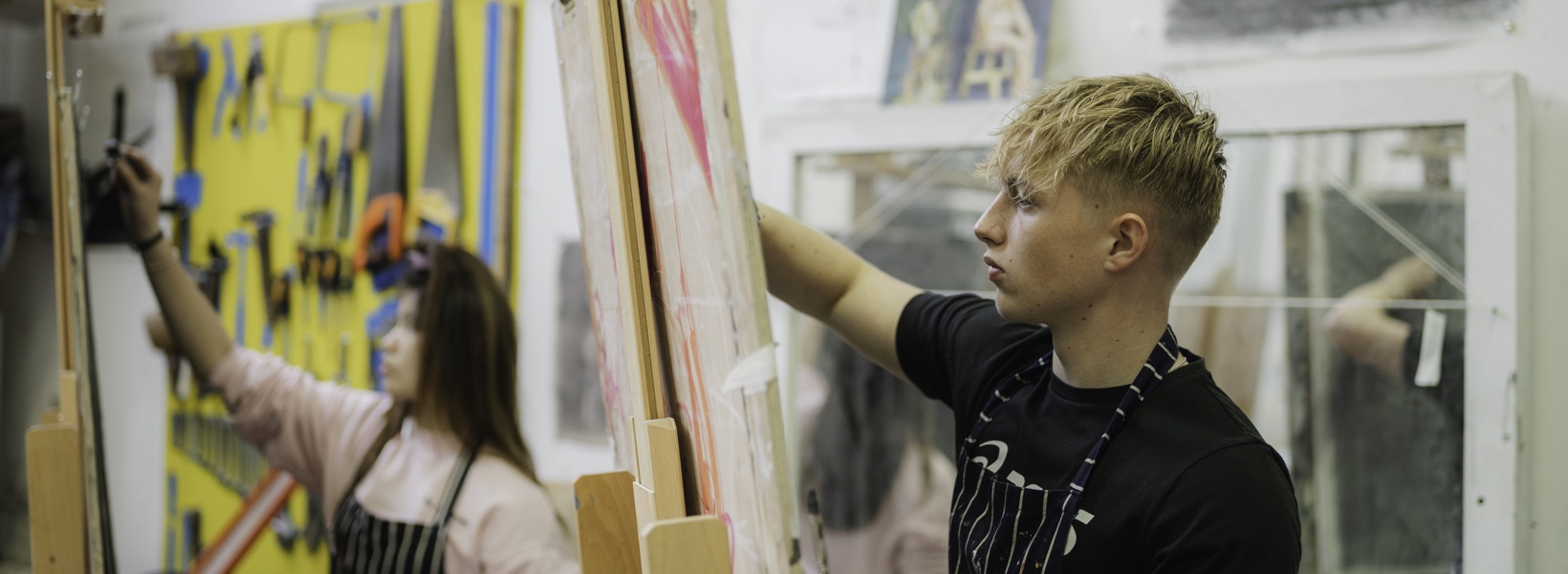

ACADEMIC
ACADEMIC enrichment
Reptonians benefit from a wide-ranging academic enrichment programme that encourages all pupils to participate in competitions, workshops, events and visiting speakers to stretch their academic and cultural experiences beyond the curriculum.
With a focus on hands-on learning and real-world applications, Reptonians are equipped to solve material problems facing their generation. University standard facilities such as the Science Priory complete with its own observatory sit at the heart of the Repton making learning accessible in an inspirational setting.
Repton is home to plentiful clubs and societies and regular talks and workshops with speakers such as Andy Haldane are well attended. The Debating Society engage in both English and French debating competitions. MedSoc participated in a fracture workshop with a leading orthopaedic surgeon. Greenpower Racing is popular at both Repton and Repton Prep with a new workshop constructed to facilitate the design and development of a bespoke F24+ car raced by pupils.
CLUBS and SOCIETIES
Our vibrant clubs and societies enrich the lives of Reptonians, cultivating passions and providing excellent grounding for life beyond school. Repton is a school that celebrates diversity, progress and many of our societies are initiated by pupils and welcomed by the entire Repton community.
Societies are run by each academic department and meet around once a term for lectures, workshops and seminars. Sixth Form pupils taking that subject attend as well as interested Lower School pupils.
Clubs meet more frequently - often weekly or fortnightly - and bring together Lower School pupils alongside Sixth formers who very often take leadership roles. The Astronomy club uses the Science Priory Observatory, Coding and Robotics Club meets in the impressively refurbished Robert Kirkland Design Centre, and Art, Photography and Textiles Clubs make use of the extensive facilities and generous opening hours of these departments.
ACADEMIC SCHOLARS
The Master of Scholars meets individually with all Academic Scholars to explore and identify their academic and vocational aspirations and will be guided in fulfilling their potential.
Pupils in B to O Block are in sets for core subjects so that all individuals can be enriched to their full abilities. Pupils are encouraged to participate in external opportunities such as Arkwright Scholarships, Science and Maths Olympiads and essay competitions to further extend their experience and knowledge.
TEMPLE SOCIETYAll Academic Scholars in the Lower School are automatically members of Temple Society, other pupils may be invited to join the Society as they progress through the School. Temple Society forms part of the provision for Gifted and Talented pupils, which includes personalised academic and pastoral support and help with time management and ensuring that each pupil fulfils his or her aspirations. Each year group has its own Temple Society, and each cohort in the Society meets once a month to discuss papers delivered by both members of staff and pupils. In this, pupils’ research and presentation skills are honed, and their horizons and perspectives are extended and challenged. Notable recent discussions have included: What are the most important inventions in human history? The Question of Evil; What do Art and Poetry tell us about the Human Condition?; Semiotics; How has Technology Changed the Human Experience?; An Introduction to Economics. |
RAMSEY SOCIETYAcademic Scholars in the Lower Sixth are invited to apply for membership of the Ramsey Society. The Society aims to expand the horizons and challenge the perceptions and understanding of academic high-flyers in the Sixth Form. It is designed to hone their skills in constructing and presenting extended papers and to help them to respond to ideas presented to them in university interviews and seminars. Pupils present papers to groups of 10-15 of their peers in the Society, which lead to discussion by the group; recent examples include Is Democracy really the best form of Government?; Theistic Darwinism; Misogyny in the Depiction of Disney Princesses; the Nature of Time; AI in Medical Science; Memory and Identity; Sportswashing; What do we mean when we talk of “Justice”?; Electronic Vehicles and Climate Change; The Ethics of Genetic Engineering; and Patriarchy in Genesis. |
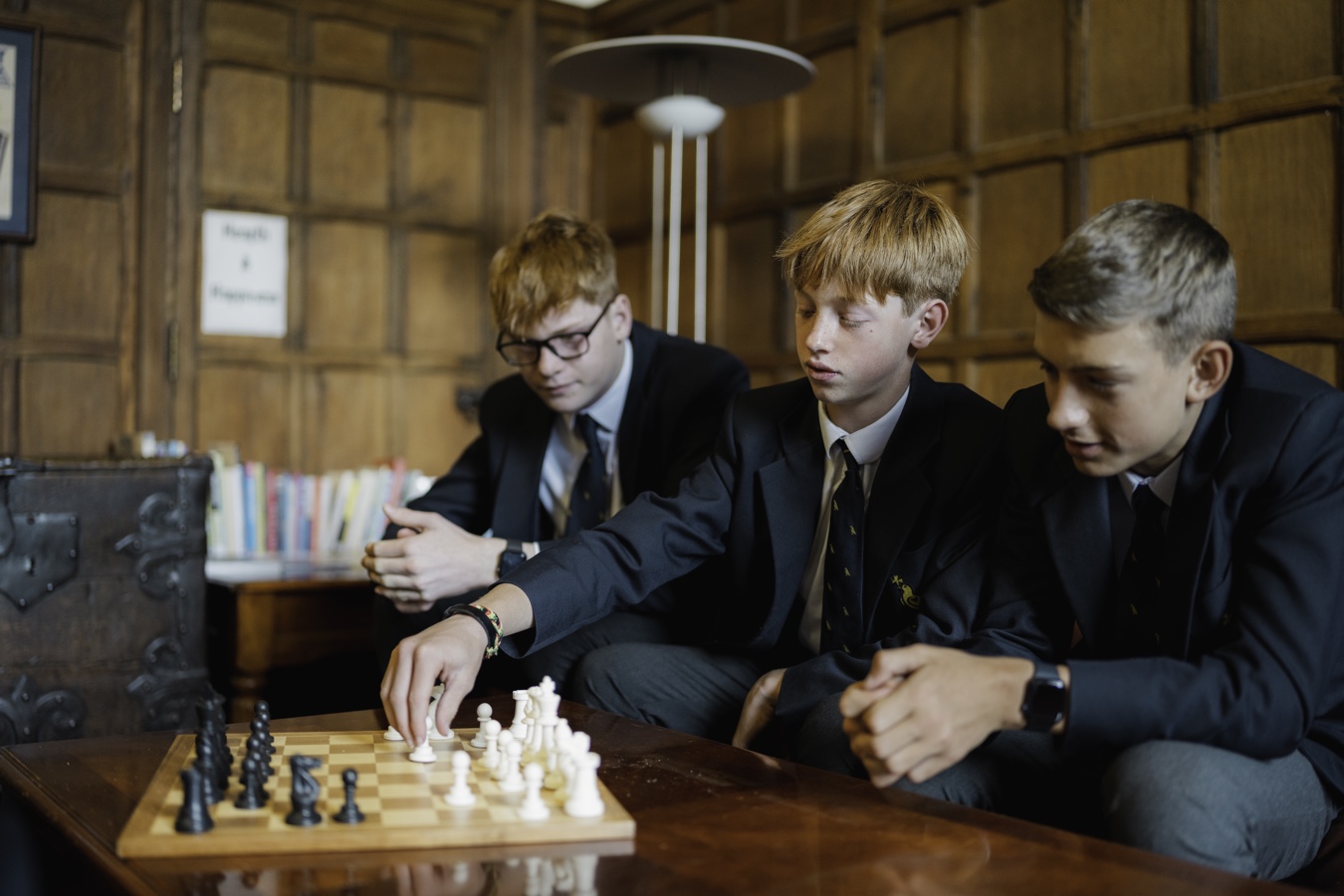
EPQ
The Extended Project Qualification is a programme offered to Lower Sixth pupils that helps to extend and develop a pupils' abilities beyond the A Level syllabus and prepares them for university or their future careers.
It is a self-directed project, usually an essay that explores something the individual pupil finds interesting. The pupil plans, research, produces and evaluates their own work. The independent learning achieved by the process is highly valued by Universities and they have been known to lower offer grades on competitive courses.
Some examples of titles from the recent past include:
- How are humans neurobiologically equipped to rapidly acquire spoken language?
- How women’s rights in Iraq developed in the years after the US invasion in 2003.
- Some Day My Prince Will Come: An Exploration of how the gender stereotyping of Disney Princesses has evolved over time.
Any Questions?
“I have learnt far more than just my topic of research - it has extended my skills in independent research, time management and essay writing. The EPQ has been beneficial to my university application and has given me a head start for my degree.”
- Zoe A
FUTURE leaders
The Lower Sixth Future Leaders course aims to prepare pupils for life beyond The Arch, developing knowledge and skills that will support them as they enter a rapidly changing workplace and world.
At the same time, the course draws together elements that will also have very practical benefits as pupils consider their next steps. Elements of the course enable pupils to gain UCAS points which may help them access the higher education degree they want or even gain lower offers through their ability to demonstrate independent learning and engagement beyond the A Level curriculum.
The pupils receive two lessons a week as part of the Future Leaders programme. For the first of these the Lower Sixth is split into three groups and completes an eight-week rotation through three courses:
- Public Speaking
- Higher Education and Careers
- Geopolitics and Personal Finance Lecture Series
The second lesson in the week is devoted to research skills and the Extended Project Qualification and this is completed by the whole cohort. The Public Speaking course follows LAMDA’s ‘Speaking in Public’ qualification and develops the skills necessary for effective oral communication and public presentation. Learn more about our LAMDA provision.
